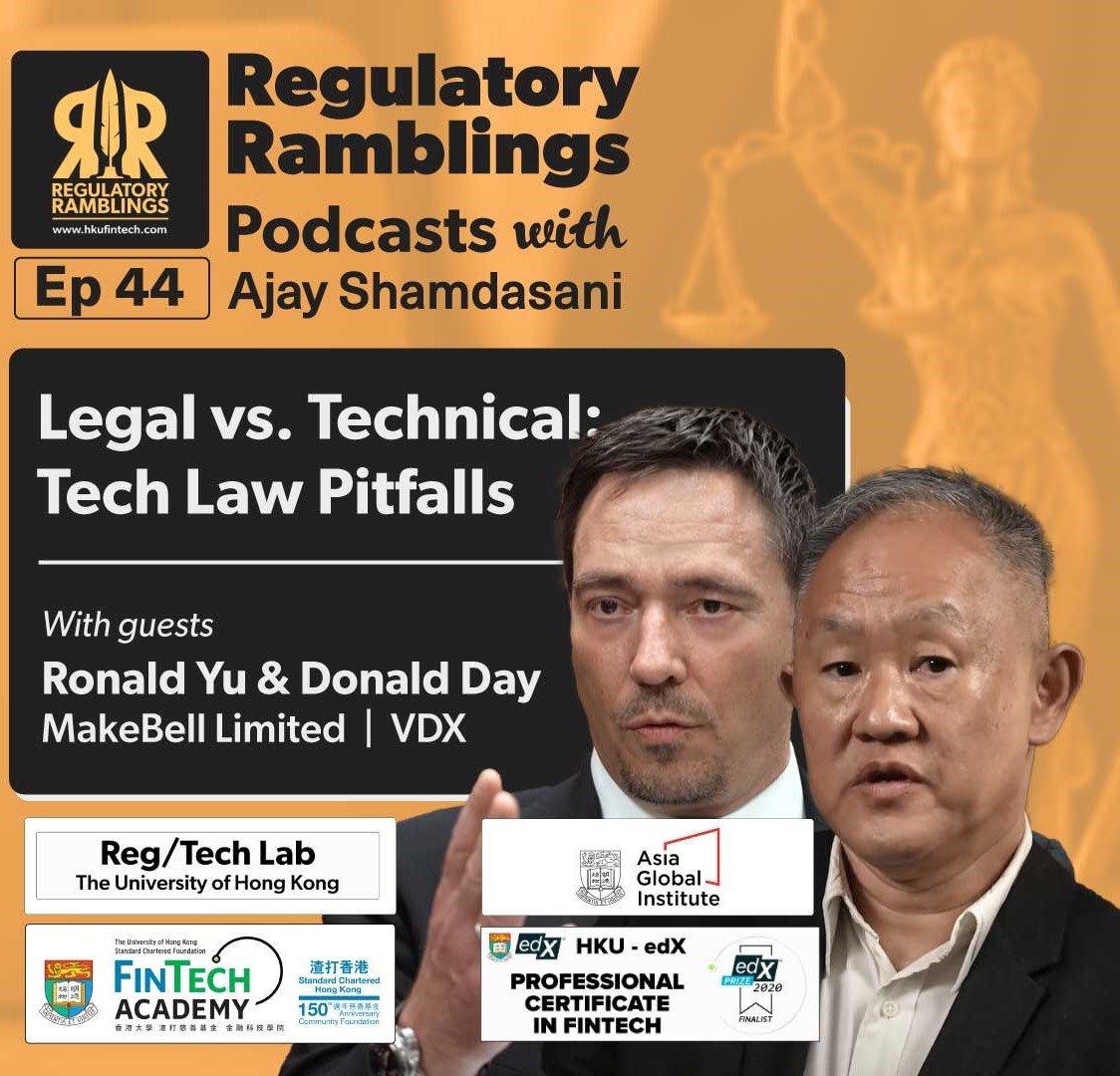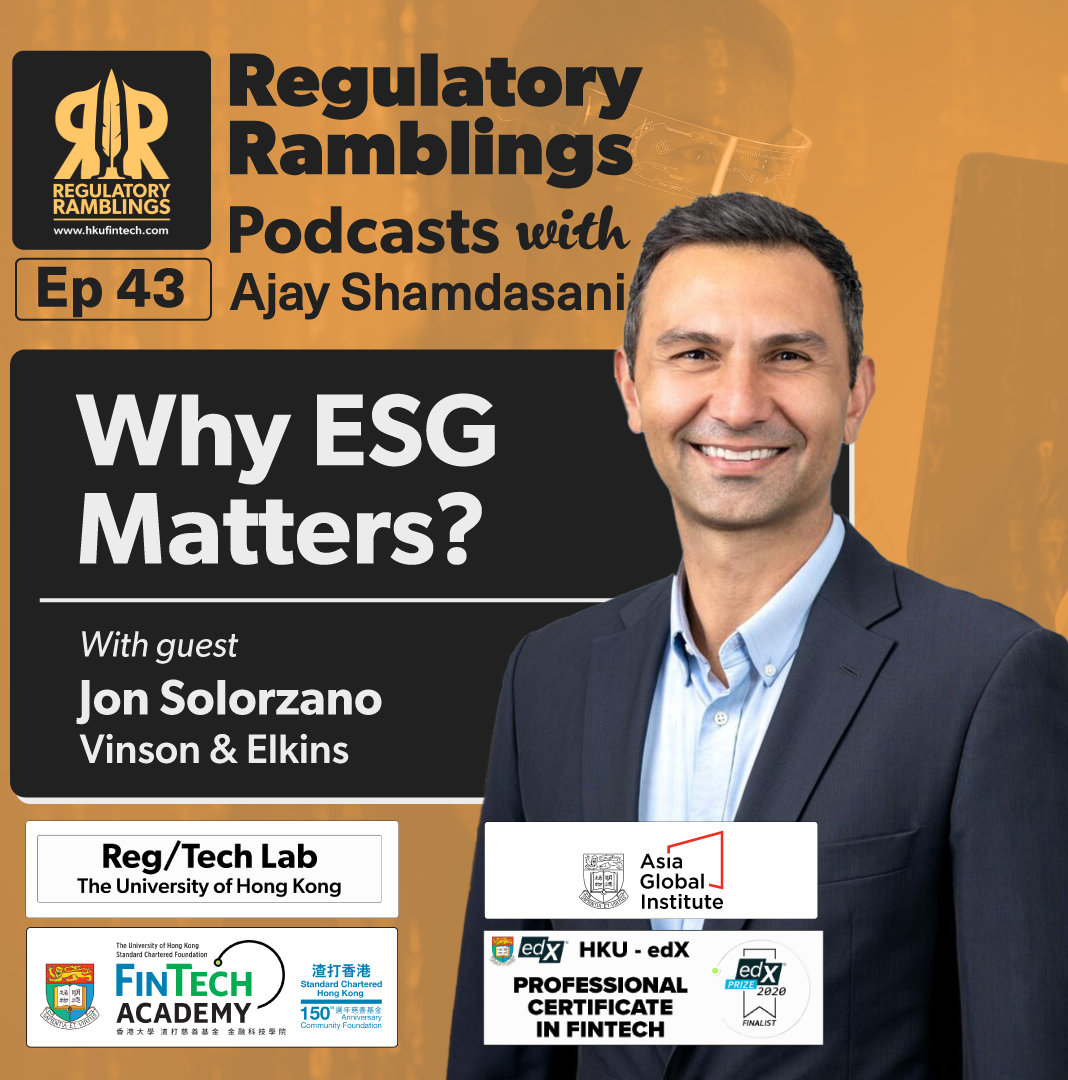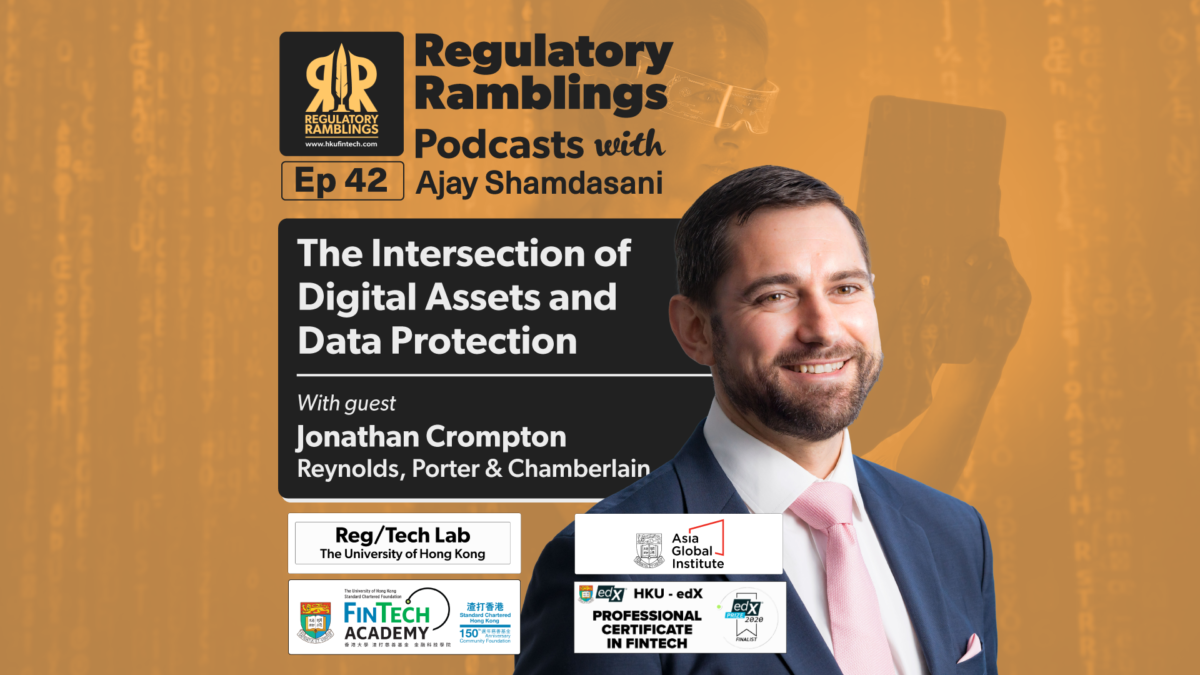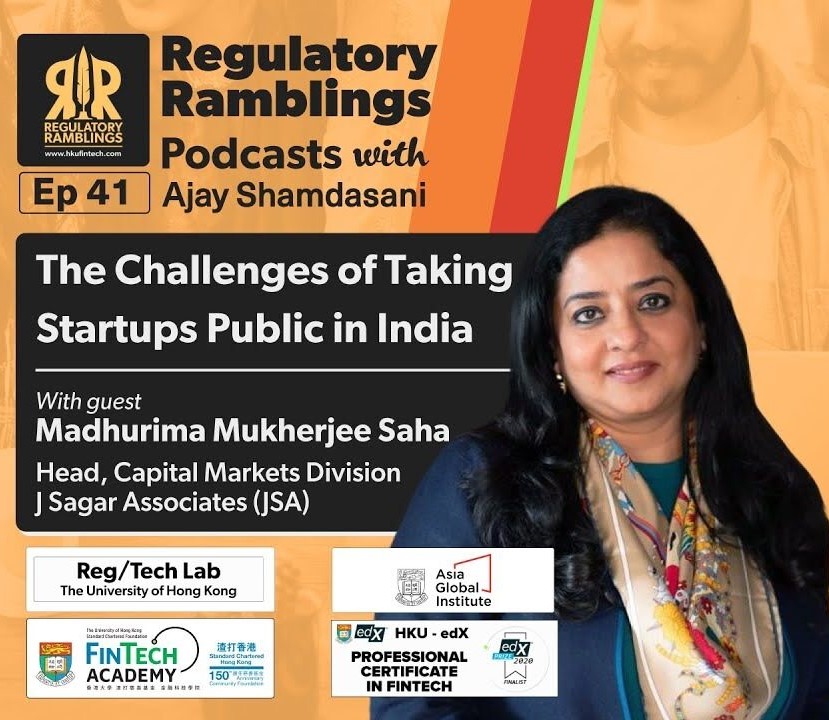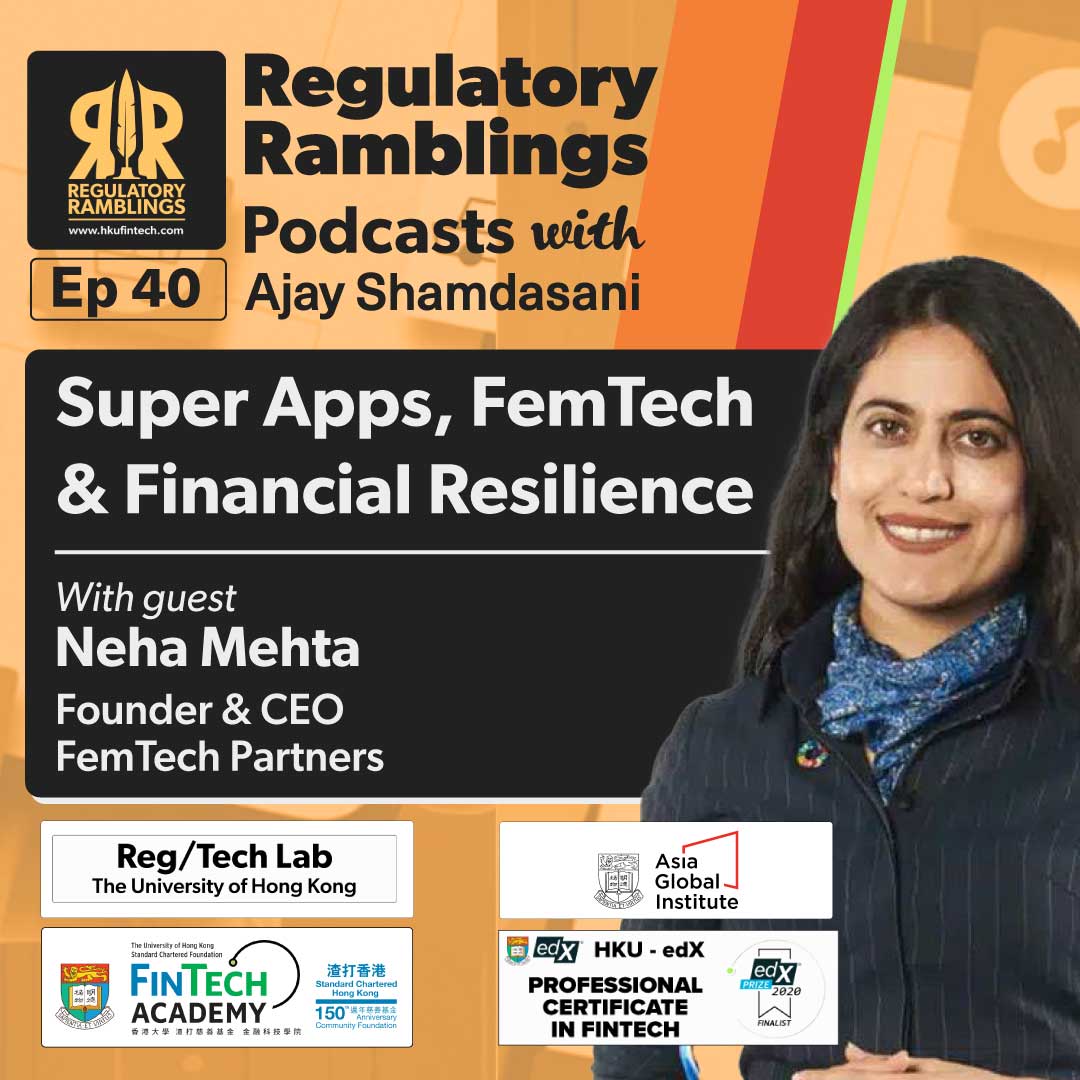Ronald Yu is the director and co-founder at MakeBell Limited. He is also a visiting fellow at the City University of Hong Kong’s (CityU’s) School of Law and a part-time law lecturer at Peking University.
As a scholar and author, his areas of interest are the nexus of law and tech: intellectual property (IP) and non-fungible tokens (NFTs), artificial intelligence (AI) and its legal ramifications, cross-border data flows across APAC, as well computer forensics. At The University of Hong Kong (HKU), he has taught courses on patents, as well as IP information technology. He has also lectured on FinTech at CUHK while also teaching courses on the commercialization of IP and patent law at CityU. He has also taught IP strategy at the Hong Kong University of Science and Technology and the Hong Kong Polytechnic University.
Donald Day is the chief operating officer of FinTech start-up firm VDX, which is building a digital asset ecosystem for institutional investors. He was also an in-house cryptocurrency/digital asset expert at Hong Kong’s capital markets regulator, the Securities and Futures Commission, where he helped shape the licensing regime for virtual asset trading platforms and designed and led the supervision of virtual asset fund managers and trading platforms.
In this episode of Regulatory Ramblings, Ron and Donald chat with host Ajay Shamdasani on the potentially pernicious consequences of non-technically trained lawyers – specifically, those without degrees or substantial experience in science, technology, engineering or math (STEM) – offering advice in situations where technology is either implicated or at the core of the matter. The law can be unforgiving to those who are ignorant of its often arcane ways, and ultimately, it is clients who pay for what lawyers either do not know or assume the guests share. In an age of AI, machine learning, and large language models (LLMs) – they do not go as far as to say lawyers need to learn how to code, but counsel needs to understand the practical legal, business, financial, and reputational implications of such technologies for their clients.
Technology can, at times, change the rules of the game, Ron and Donald stress. Yet, they also point out that sometimes lawyers suggest contractual terms that are legally feasible but, based on current technology, impractical – such as the Bitcoin 10-second consensus period, a performance requirement that is not possible to do. As our guests explain, if there are terms in a contract that are unworkable, it could lead to a lawyer killing a deal either out of ignorance of the underlying technology or a lack of commercial acumen.
The discussion moves onto how rare it is to find those who are technically trained and also licensed practicing lawyers. Clearly, the more technical a subject, the less likely an average dispute resolution practitioner at the typical multinational, Anglo-American law firm is going to be up to the task. Our guests acknowledge that leaves clients with a very narrow field of specialists to choose from if they want to be represented by lawyers who understand both the law and the underlying technology involved.
Yet, as Ron Yu notes, even ‘non-techies’ can get up to speed by educating themselves, pointing to the living example of US federal judge Randall R. Rader—as has been the case with FinTech and cryptocurrencies.
Lawyers often view technology through the lens of its legal and regulatory compliance implications, with less focus on its implementation. How it will work and how and where best to use it is an afterthought. As for cybersecurity, it is regarded as an IT issue, they say. If a lawyer overlooks cybersecurity issues, Yu said, then they are glossing over important technical details that can harm a client.
The conversation concludes on the point that when it comes to ‘tech lawyers’, it certainly seems that, generally speaking in APAC, those practitioners that market themselves well have the biggest platforms and the loudest voices and are, therefore, regarded as authorities in their respective fields.
Clearly, there are times when the right kind of technical background is not substituted. For example, as Donald Day recalls, patent litigators do not infrequently have to deal with solicitors who don’t understand the tech, and those solicitors soon become a hindrance.
Both guests underscore the lingering perception that it is not ideal to engage in IP-related litigation in Hong Kong because of the lack of talent; even if a specialist carefully explains something to a solicitor, the latter will invariably get it wrong or simply not understand the subject matter.
Podcast Discussion:
- 03:24 Intersecting Realms: Non-Technical Lawyers and Technical Expertise in Legal Practice
- 09:02 Deciphering the Code: The Role of Legal Practitioners in an Increasingly Technical World
- 17:45 Tech Literacy for Lawyers: Navigating Smart Contracts and Beyond
- 25:32 Tech Savvy and Legal Deals: Avoiding Pitfalls
- 40:17 Beyond Technology: Complex IP and Financial Considerations in Legal Practice
- 45:08 Balancing Expertise and Common Sense in Legal Proceedings
- 54:13 Ensuring Legal and Technical Competency in Virtual Asset Licensing
- 1:04:11 Adapting to Change at the Intersection of Law and Technology in Fintech
Connect with RR Podcast at:
LinkedIn: https://hk.linkedin.com/company/hkufintech
Facebook: https://www.facebook.com/hkufintech.fb/
Instagram: https://www.instagram.com/hkufintech/
Twitter: https://twitter.com/HKUFinTech
Threads: https://www.threads.net/@hkufintech
Website: https://www.hkufintech.com/regulatoryramblings
Connect with the Compliance Podcast Network at:
LinkedIn: https://www.linkedin.com/company/compliance-podcast-network/
Facebook: https://www.facebook.com/compliancepodcastnetwork/
YouTube: https://www.youtube.com/@CompliancePodcastNetwork
Twitter: https://twitter.com/tfoxlaw
Instagram: https://www.instagram.com/voiceofcompliance/
Website: https://compliancepodcastnetwork.net/


